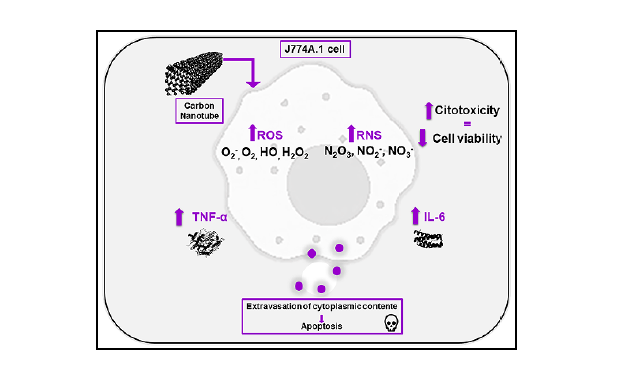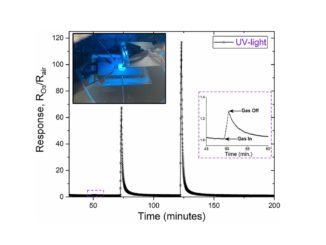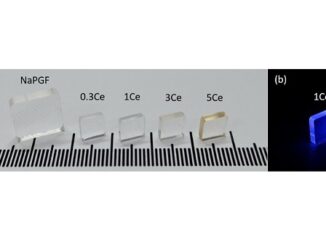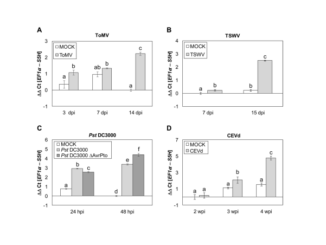
Cytotoxic Effects Caused by Functionalized Carbon Nanotube in Murine Macrophages
Abstract: Background/aims: The development of new nanomaterials has been growing in recent decades to bring benefits in several areas, especially carbon-based nanoparticles, which have unique physical-chemical properties and allow to take on several applications. Consequently, the use of new nanomaterials without previous toxicological studies raises concern about possible harmful health effects. The aim of this study was to investigate the cytotoxic profile of a new multi-walled carbon nanotube (MWCNT) functionalized with tetraethylenepentamine called OCNT-TEPA using in vitro assays in murine macrophage cells linage J774 A.1.
Methods: OCNT-TEPA was characterized by transmission electron microscopy (TEM) and high resolution TEM (HR-TEM), scanning electron microscopy (SEM), zeta potential and dynamic light scattering (DLS), and its cytotoxic effects were evaluated at 24 and 48 hours by cell viability assays (MTT and NR), morphology and cell recovery (optic microscopy and clonogenic assay), formation of reactive oxygen (ROS) and nitric oxide (NO) species, inflammatory profile (IL-6 and TNF cytokines), mitochondrial membrane potential analysis (MMP), activation of the caspase 3 pathway and cell death (flow cytometry).
Results: The data showed a significant decrease in cell viability, increased production of ROS and NO, alteration of mitochondrial membrane potential, increased levels of inflammatory cytokines, alteration of cell morphology, activation of the Caspase 3 pathway and consequently cell death, in the highest concentrations of OCNT-TEPA tested in the periods of 24 and 48 hours.
Conclusion: The analyses showed that OCNT-TEPA has a dose-dependent cytotoxic profile, which may be harmful to murine macrophages (J774 A.1) and may represent a health risk.
Author(s): Godoy, K.F.; Rodolpho, J.M.A.; Fragelli, B.D.L.; Camillo, L.; Brassolatti, P.; Assis, M.; Nogueira, C.T.; Speglich, C.; Longo, E.; Anibal, F.F.
Cell Physiol Biochem
Published: 2022 Sep 28
DOI: 10.33594/000000573
CDMF
The CDMF, hosted at the Federal University of São Carlos (UFSCar), is one of the Research, Innovation and Dissemination Centers (RIDC) supported by the São Paulo State Research Support Foundation (Fapesp), and also receives investment from the National Council Scientific and Technological Development (CNPq), from the National Institute of Science and Technology of Materials in Nanotechnology (INCTMN).




